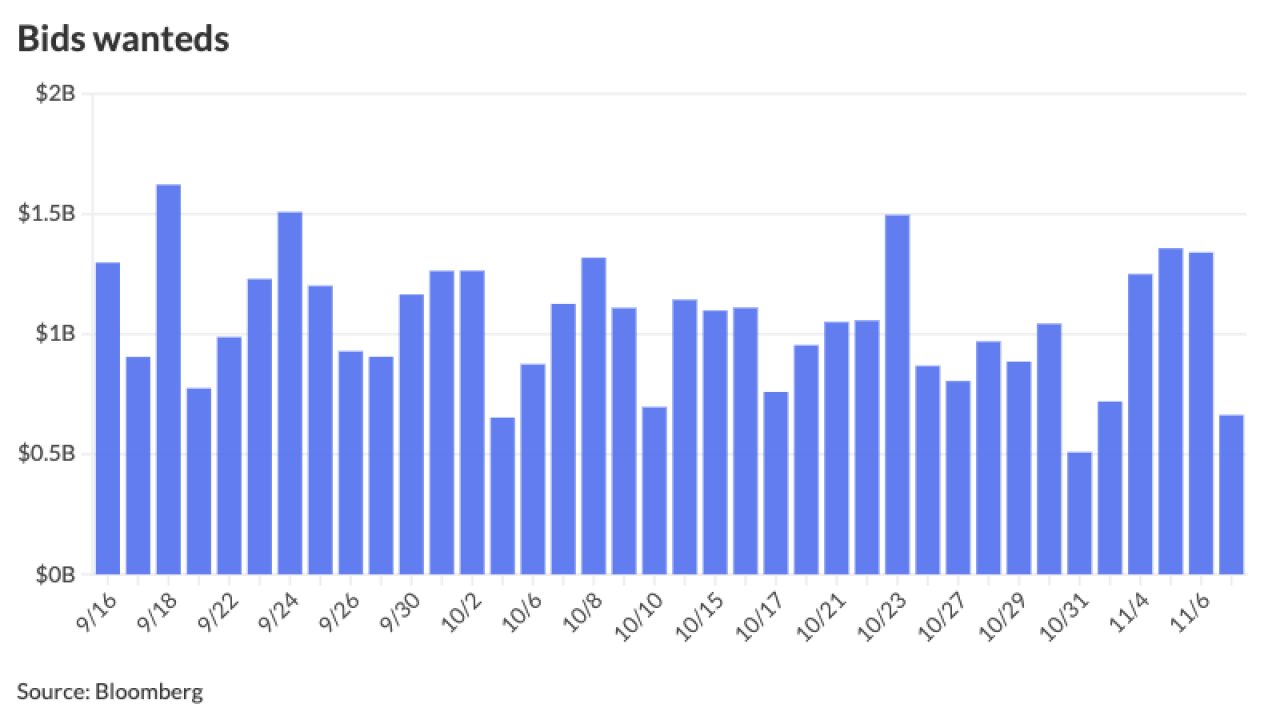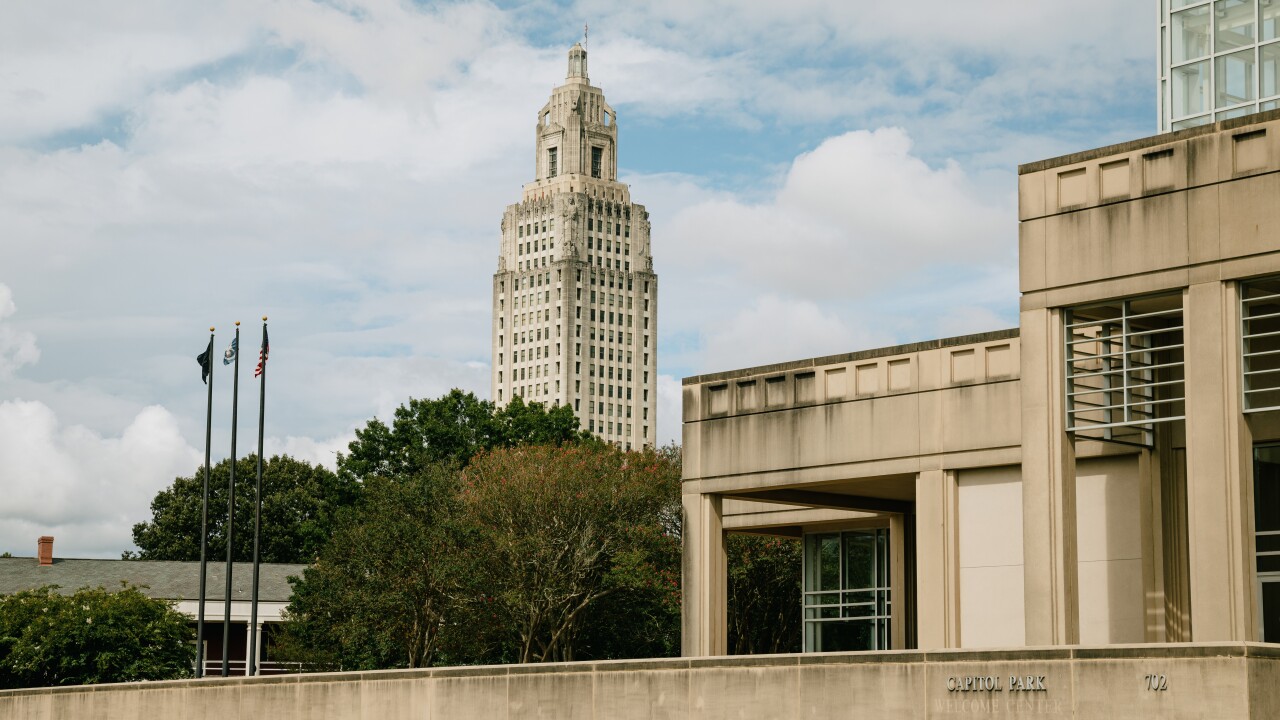
DALLAS -- Maryland has applied for a $27.8 million federal grant to study the feasibility of a high-speed super-conducting magnetic levitation train between Washington and Baltimore, Gov. Larry Hogan said last week after riding one of the high-tech trains on an official visit to Japan.
The patented SCMaglev technology developed by Japan Central Railway Co. uses magnetic forces to elevate trains a few inches above the track and accelerate them to speeds of more than 300 miles per hour. Japan Central's maglev train recently set a world rail speed record of 375 miles per hour in April.
The Baltimore to Washington maglev system proposed by Japan Central Railway and Baltimore-Washington Rapid Rail LLC could cost $10 billion. The project has received a commitment of $5 billion from the public Japan Bank for International Cooperation and Central Japan Railway has waived all licensing fees for its proprietary maglev technology.
"It was an incredible experience, even more impressive than I expected," Hogan said after the 27-mile trip on a test segment at speeds reaching 314 miles per hour. Japan Central intends to extend the maglev system to connect Tokyo, Nagoya, and Osaka.
Travel between Baltimore and Washington will take 10 to 15 minutes aboard the privately sponsored rail initiative, said Wayne Rogers, chief executive of Baltimore-Washington Rapid Rail LLC, who accompanied Hogan on the short ride. The route would include a stop at Baltimore/Washington International Thurgood Marshall Airport.
The state is the only applicant for grants available from the Federal Railroad Administration for feasibility studies along three potential maglev corridors, including the Baltimore to Washington line, Hogan said.
Maryland Department of Transportation and Maryland Economic Development Corp. applied for the federal grant as co-applicants on behalf of BWRR.
The study grant does not require state matching funds and will not delay work on scheduled projects in the state's six-year capital program, Hogan said. The state and BWRR would use the grant fund to begin planning and engineering studies and review the required permitting.
"The Maryland application for the federal grant comes with the understanding that the Japanese government will be a source of significant financial backing for the project, along with private-sector support," Hogan said in a statement.
Hogan sees maglev technology as a potential economic and transportation development opportunity, said Hogan's communications director Matthew Clark.
"This is, as the governor said, a very interesting technology that's worth exploring," said Clark. "That's all we're talking about right now."
Hogan is expected to decide soon if the proposed $2.45 billion Purple Line light-rail system in the northern suburbs of Washington can be financed as a public-private partnership project. He is reviewing proposed cost reductions from the four international investor groups bidding on the concession to build and operate it.
BWRR has filed a request with the Maryland Public Service Commission for the state franchise rights of a defunct electric rail car system that once linked Baltimore, Annapolis, and Washington.
Caron Brace, a spokeswoman for Baltimore Mayor Stephanie Rawlings-Blake, said the quick commute promised by a maglev system could be an economic boost for the city.
"Because Baltimore provides millennials and empty-nesters with affordable city living, this speedy mode of transportation will provide residents who work in D.C. with a convenient alternative, while also giving tourists throughout the country who visit our nation's capital easier access to enjoy all of the attractions Baltimore has to offer," Brace said.
Japan Central Railway is also the chief sponsor of a proposed conventional high-speed rail line in Texas that would link Houston and Dallas. The bullet trains in the $10 billion Texas Central Railway proposal would travel at up to 220 miles per hour over the 240-mile line.





